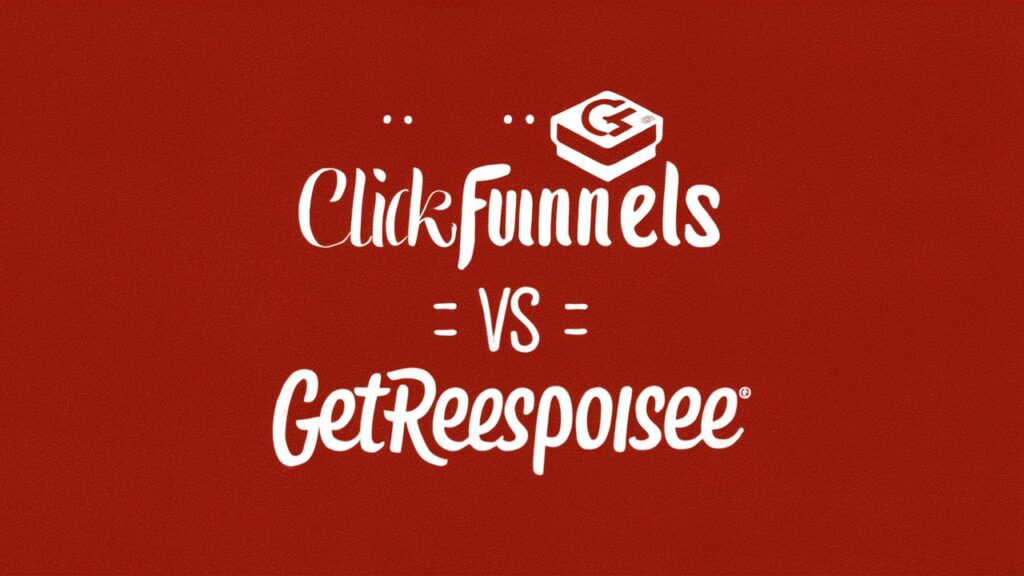In today’s digital age, having a secure website is not just an option but a necessity. One of the key components of web security is an SSL (Secure Socket Layer) certificate. Whether you’re running a blog, an online store, or a corporate website, understanding the importance of SSL in web hosting can significantly impact your online success. This article delves into the reasons why SSL is crucial and how it benefits both site owners and visitors.
What is SSL?
SSL stands for Secure Socket Layer, a protocol that ensures the encryption of data transferred between a user’s browser and the server hosting a website. SSL certificates validate your identity and establish a secure connection, protecting sensitive information from hackers.
Why SSL is Essential for Your Website
1. Data Protection
In an era where data breaches are becoming increasingly common, SSL is vital for safeguarding user information. It encrypts sensitive data like credit card details, passwords, and personal information, reducing the risk of interception by malicious third parties.
2. Boosts SEO Rankings
Google has confirmed that HTTPS, the secure version of HTTP which requires an SSL certificate, is a ranking factor. Websites equipped with SSL have a higher chance of ranking better on search engine results pages (SERPs), giving you more visibility and potential traffic.
3. Establishes Trust
When visitors see that your website is secure (indicated by a padlock in the browser address bar), they are more likely to trust you. This is especially important for e-commerce websites, where customers need to feel secure providing their payment and personal information.
4. Compliance with Regulations
Many regions are implementing strict data protection laws, like the GDPR in Europe. Having SSL installed on your website helps ensure compliance with these regulations, protecting your business from potential legal ramifications.
5. Better User Experience
A secure site is essential for improving user experience. Visitors can browse with peace of mind knowing their information is safe. Additionally, browsers like Google Chrome display warnings for non-HTTPS sites, which can deter visitors and create a negative impression.
Choosing the Right SSL Certificate
When selecting an SSL certificate for your website, there are several types to consider:
- Domain Validated (DV) SSL: Basic level of validation, ideal for personal websites and blogs.
- Organization Validated (OV) SSL: Provides a higher level of security with organization validation, best for businesses.
- Extended Validation (EV) SSL: Offers the highest level of validation with a green address bar, ideal for e-commerce sites and financial institutions.
Many web hosting providers include SSL certificates in their hosting plans. Approximate affiliate links to consider for purchasing SSL certificates include Bluehost, SiteGround, and HostGator. You can explore their SSL offerings to find the one that suits your needs best.
Conclusion
Investing in an SSL certificate for your website is not just about security; it’s about building trust, enhancing user experience, and optimizing for search engines. As cyber threats continue to rise, incorporating SSL into your web hosting strategy is more important than ever. Take the necessary steps to secure your online presence and stay ahead of the competition.
For more information on SSL and to explore affordable web hosting options that include SSL certificates, check out our affiliate partners like Bluehost, SiteGround, and HostGator. Secure your website today and protect your online venture!
By implementing SSL security, you not only protect your users but also solidify your credibility in the fast-paced digital environment. Make the smart move today, and reap the rewards tomorrow!


